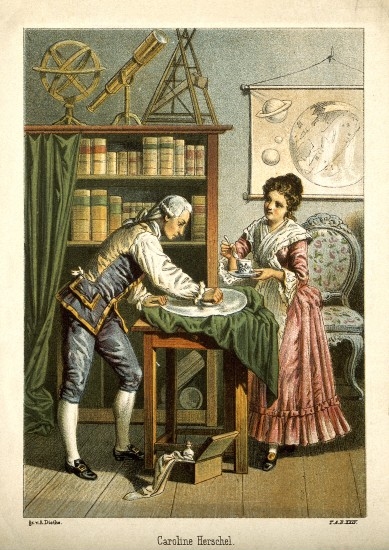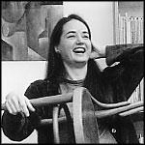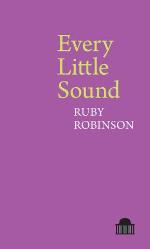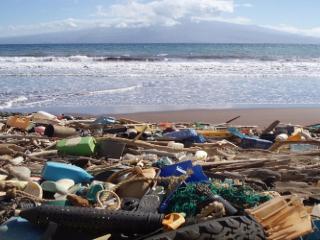
Slanted Light and Shadow Sides: Interview with Sarah Westcott
Sarah Westcott discusses poetric influences, data and journalism with Sam Solnick
Posted on: 15 October 2016

The struggle of women in science is written in the stars
In her 1968 poem, Planetarium, the poet Adrienne Rich wrestles with the crisis of female identity through the lens of astronomy. Rich wrote the poem after learning about the case of Caroline Herschel, an astronomer born in Germany in 1750 who discovered eight comets and three nebulae, and drew praise from the King of Prussia and London’s Royal Astronomical Society. Yet Caroline remained obscure compared with her brother, William, who discovered the planet Uranus.
Posted on: 19 August 2016
Nerve: a flawed but insightful film about the perils of social media
“Truth or Dare but without the Truth.” This scary tagline sums up Nerve, a social media game that drives the film of the same name. We follow 17-year-old Vee’s immersion in the game, where “players” earn money for completing dares to kiss strangers or shoplift $4,000 dresses. As you’d expect, the dares quickly escalate with the vicarious demands of the “watchers” (gamers who pay for the privilege of watching rather than taking part) – riding a motorcycle blindfolded at 60mph, for example. What emerges is a series of somewhat trite, but nonetheless pertinent, observations on social media and the politics of celebrity and voyeurism.\n
Posted on: 15 August 2016

Interview with Jo Shapcott
DRJ: Can you talk a little bit to begin with about your involvement in projects which aim to bring together scientists and poets? Why do you think there is a growing interest in projects of this kind?\n\nJS: I am very curious about almost everything: there is nothing that is not interesting. Any aspect of the world - humans, our interaction with what's around, who's around - is likely to grab my attention. The things that scientists know and the way they know is fascinating. For example, contemporary findings in neuroscience and in physics are changing long-held philosophical views about identity, and about time and space. Who we are and where we live. How could this not be of cutting-edge interest to writers? I think this is why poets are seeking more opportunities to talk to scientists.
Posted on: 16 July 2016
Love II
Ruby Robinson introduces her poem 'Love II'
Posted on: 14 July 2016
What science fiction tells us about our trouble with AI
Given that the reality of AI may be fast approaching, it’s of the utmost importance that we work out what might a future with artificial intelligence might look like. Last year, an open letter with signatories including Stephen Hawking and Nick Bostrom called for AI to be of demonstrable benefit to humanity, or risk something that exceeds our ability to control it.
Posted on: 6 July 2016
Gregory Tate interviews Poet and Physicist Iggy McGovern
In 2014 Gregory Tate recorded a documentary for Radio 3 about scientists who write poetry. One of the scientists whose work featured in the documentary was Iggy McGovern, a physicist at Trinity College Dublin whose most recent volume of poetry is A Mystic Dream of 4, a sonnet sequence based on the life of the nineteenth-century mathematician, astronomer, and poet William Rowan Hamilton.
Posted on: 5 July 2016

Interview with Ruby Robinson
The poet Ruby Robinson discusses vocabulary, neuroscience and the articulation of trauma.
Posted on: 5 July 2016
